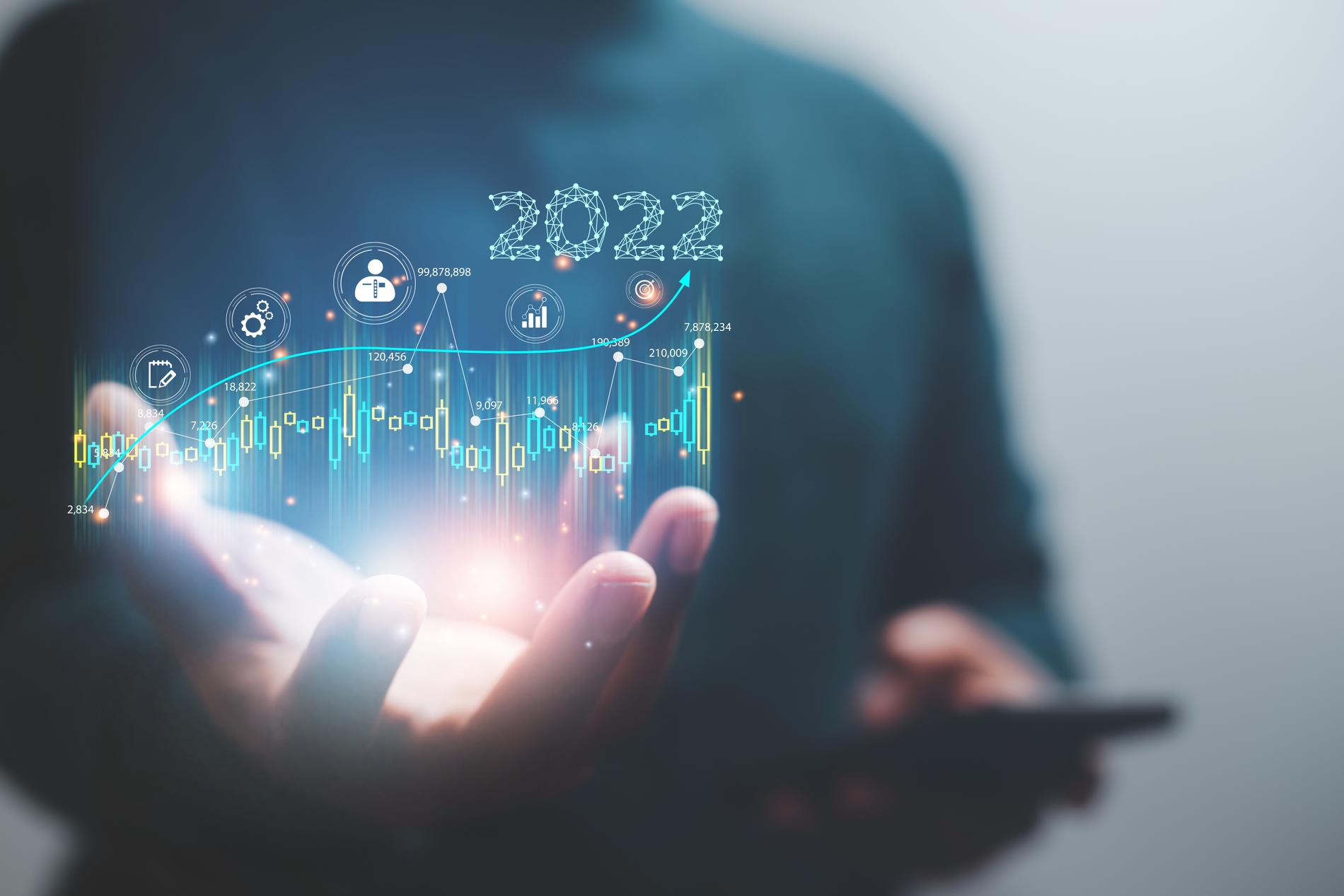DEBATE: Norges Bank came out in force at this year’s Kåkånomics festival to talk about all the positive aspects of the introduction of digital central bank money (DSP). No dissenters were asked to question the claims.
-
Martin Schanche Olsen
Administrative auditor in Rogaland Revision IKS
This is a discussion post. The entry was written by an external contributor and quality assured by Aftenbladet’s debate service. The opinions and analyzes are those of the author.
It is worthy of criticism that a system that allows Norwegian authorities to exercise full control and surveillance over our money is not critically debated in Norwegian public opinion. Claims that this is an improvement in our monetary system – cannot go unchallenged.
Central Bank Digital Currency (DSP) is widely available electronic money issued by the central bank in the official monetary unit. The DSP is a claim on the central bank, just as notes and coins are today. In comparison, bank deposits are claims on private banks. The decline in the use of cash and the possibility of major structural changes in the monetary and payment system mean that Norges Bank is questioning whether it is also appropriate to issue central bank money in digital form.
Allows you to monitor
In a report published by Norges Bank in 2019it appears that “the DSP must be controlled by Norges Bank, and whatever the mode of operation, Norges Bank must be able to give instructions on all aspects of the system”. In 2021, Norges Bank writes in a corresponding report that “Norges Bank must have absolute control over the core of a DSP system.”
What does this imply ? In Norges Bank’s own words, it is the decline in the use of cash and the possibility of major structural changes in the monetary and payment system that is the reason the DSP is under consideration. This is a continuation of the trend of an increasingly cashless society. In a digital world, it’s also understandable that we use digital money – but most of the money we use every day is already digital. In other words, the DSP is not a separate monetary system because it is digital, but because it gives Norges Bank and Norwegian authorities the ability to control, monitor and program our money from a unprecedented way in history.
This is where the warning lights should start to come on, but in due course Norges Bank completes its DSP impact assessment – exactly where the possibility of absolute control begins. The fact that a central bank has absolute control over your money means that it can only be used within the limits set by the Norwegian authorities. This means that the money can theoretically be used as before, but it can also be restricted at any time to what the authorities deem to be the “correct” use.
Example of horror in Canada
We already have some examples of what such systems can bring to current monetary systems, which are also increasingly subject to a stricter control regime. Earlier this year, the Canadian government tabled emergency legislation which gave them a greatly expanded use of the power to restrict the rights of the Canadian people. The emergency legislation was introduced after thousands of Canadian citizens took to the streets to protest the government’s sweeping measures.
The emergency legislation has been heavily criticized from many quarters for giving Canadian authorities the legal ability to freeze bank accounts and censor the transactions of protesters and those who gave them financial support. The fact that one of the most “liberal” countries in the world can suddenly deprive several of its own citizens of fundamental economic rights should be a cross of thought in all “liberal” countries which are subject to similar systems, and where the DSP will be able to contribute to new possibilities of sanctions.
While Norges Bank claims that the DSP can be programmed to perform more functions than before, the flip side will be that you can use the money to buy fewer things than before. The positive aspects of DSP are that payment solutions can become even simpler, but this is overshadowed by the fact that mechanisms will also be introduced which mean that DSP will only work if no one sees their intention to abuse their power . It is a prerequisite that has no historical precedent.
Designed for Abuse
In the same way that the Canadian government introduced crisis legislation to freeze bank accounts and censor the transactions of opponents of government policy – any real or fictional crisis could be used in a similar way in Norway. At the Norges Bank seminar, among others, carbon rationing was highlighted as an opportunity. In theory, this means your money can be programmed with quotas on how much meat, fuel, and other types of goods you’re allowed to buy.
This may sound like a good idea to some, but it ignores the fact that the greatest disasters in human history are caused by people themselves. There has always been a difference between good intentions and good results – and if PSD is introduced in Norway, we will end up with a monetary system designed to be abused. So there is every reason to ask fundamental questions about whether we should trust that this will not happen.
It is worthy of criticism that a system that allows Norwegian authorities to exercise full control and surveillance over our money is not critically debated in Norwegian public opinion.

“Passionate pop cultureaholic. Proud bacon trailblazer. Avid analyst. Certified reader.”






